Ever seen mud slide slowly down after heavy rain?
Or soup that became too heavy and sticky when it cooled?
That’s when the Japanese onomatopoeia “Doro Doro” (どろどろ) or its shorter form “Dorori” (どろり) comes in — a sound and feel of something thick, muddy, or sluggishly flowing.
Before we dive in, hear what it sounds like!
What is “Dorori” (どろり)?
“Dorori” is a Japanese onomatopoeia that describes something thick, heavy, and viscous moving or oozing.
It’s often used in these ways:
- For mud or sludge — sticky and sluggish.
- For thickened soup, sauce, or blood — heavy and gooey.
- For atmosphere — gloomy, heavy, and oppressive.
Pronunciation
do-ro-ri
(Say it slowly, letting it “drag,” like something heavy sliding down.)
Categories
Condition / Texture
What Does “Dorori” Look Like?
It looks like mud sliding down a wall after rain.
Like cooled stew that has become too heavy.
Like a scene in a mystery novel described with dark heaviness.

How Do You Say It?
Say it with heaviness:
Doro… ri…
Like mud oozing down,
or soup too thick to flow smoothly.
Example in Daily Life
Example: Thick stew
He lifted the ladle,
and the soup poured down slowly —
doro ri…
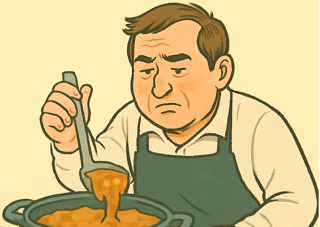
Cultural Note
In English, you might say:
- “Muddy”
- “Sludgy”
- “Thick and heavy”
But “dorori” carries both the visual and the heavy feel.
It can describe not only physical textures but also gloomy moods.
Watch & Feel the “Dorori” World!
Japanese Curry Rice
Typical Japanese Curry looks dorori!
Try Using It!
When stew is too thick…
When the street is filled with mud after rain…
When the mood feels dark and heavy…
Say it with weight:
Dorori〜

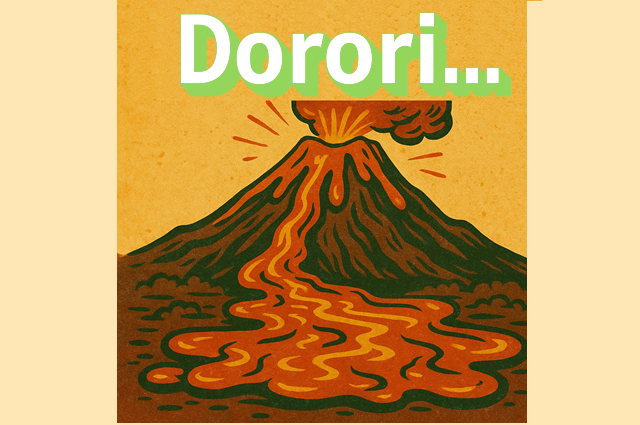


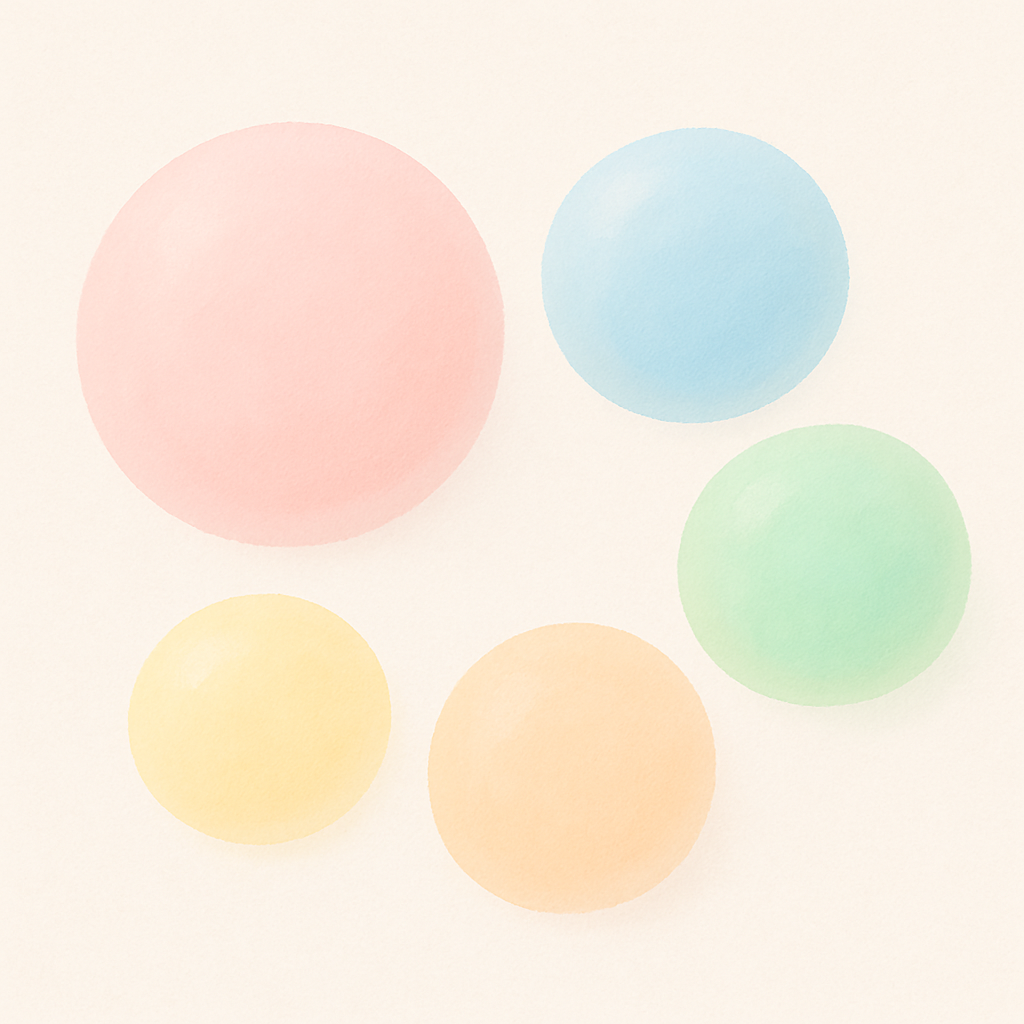

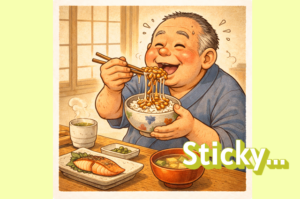

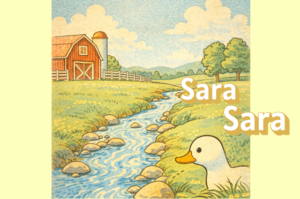


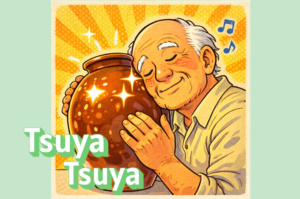

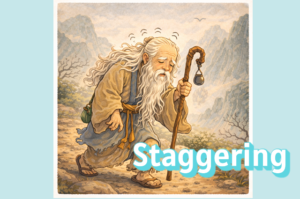
Comments